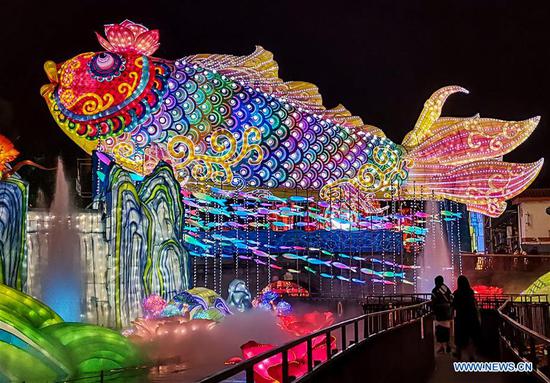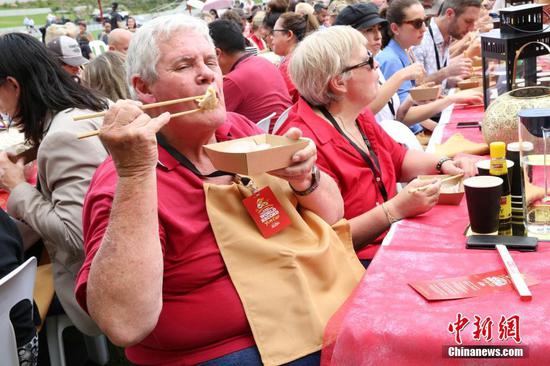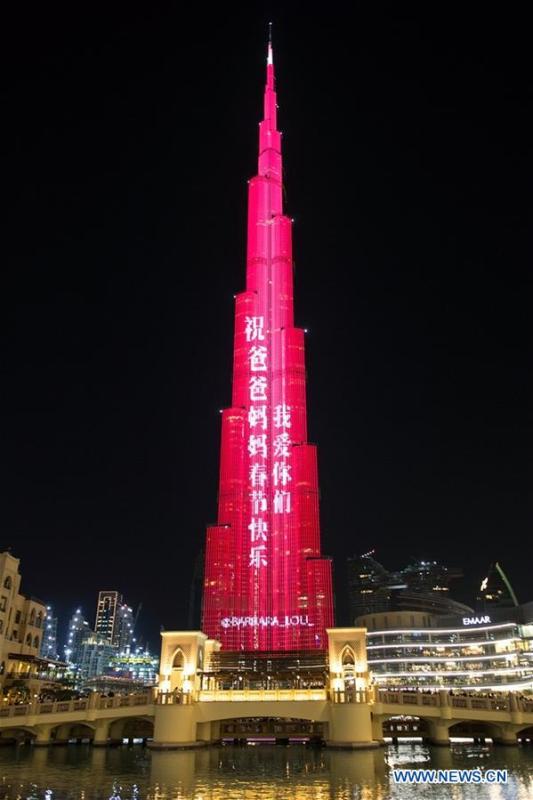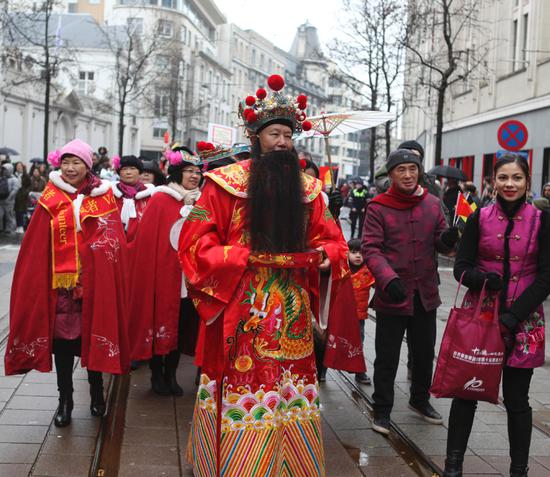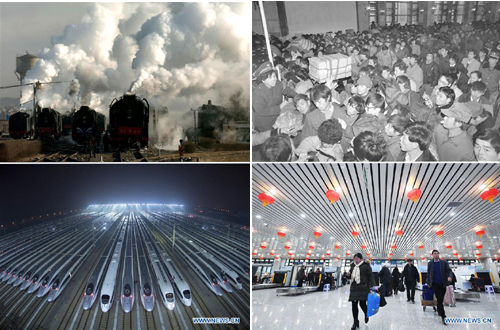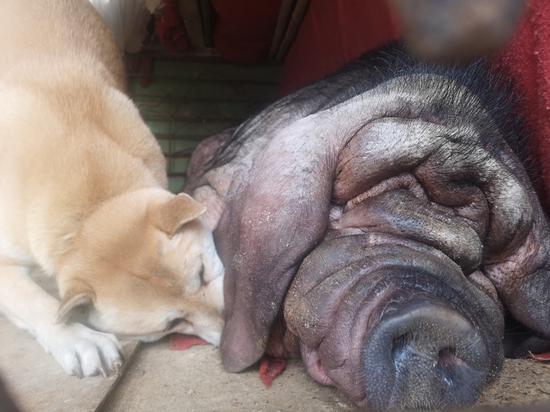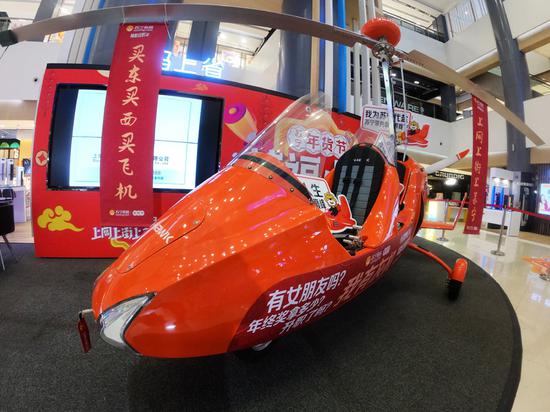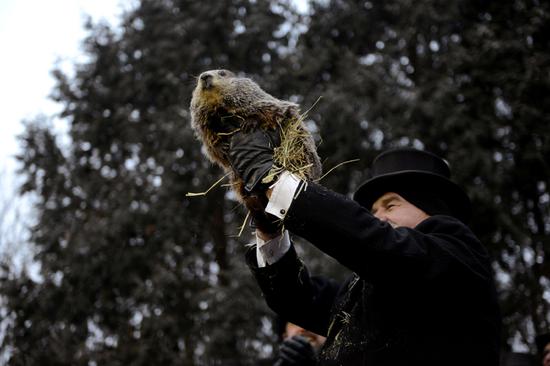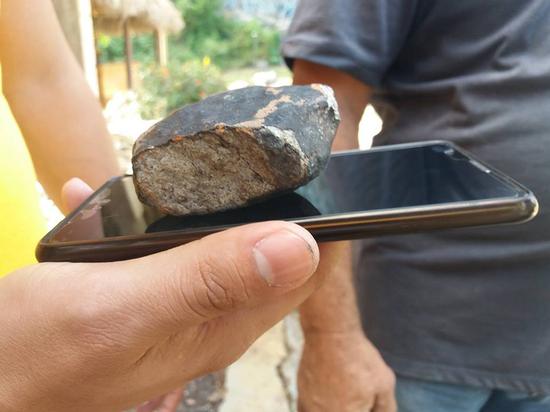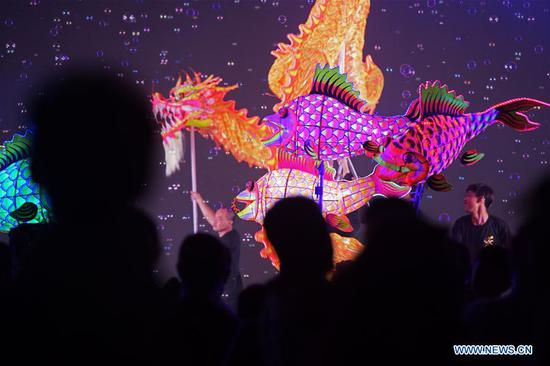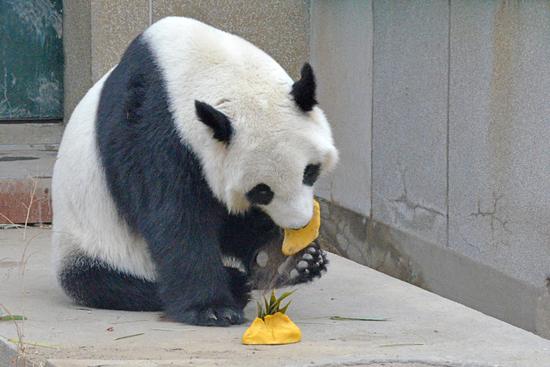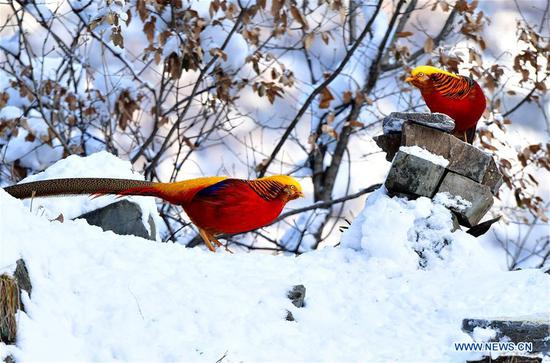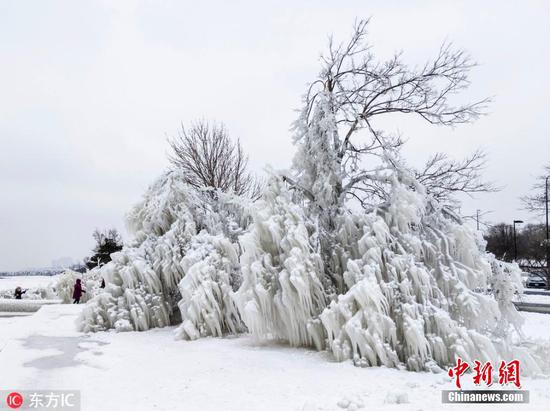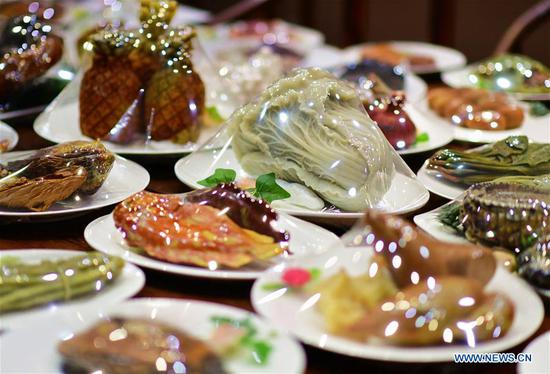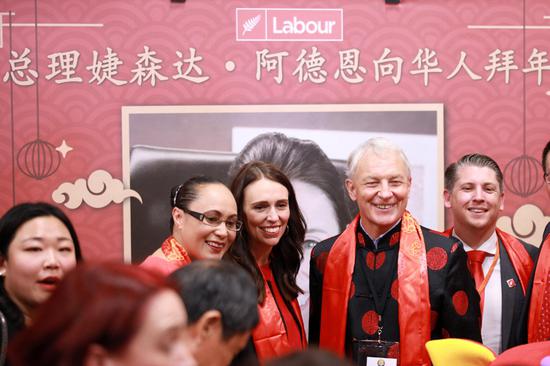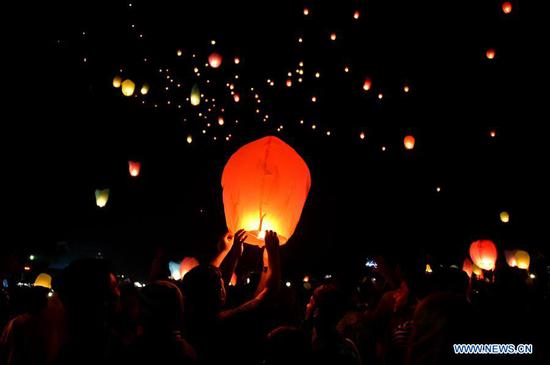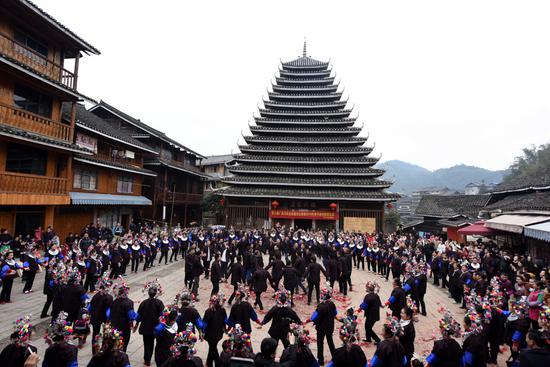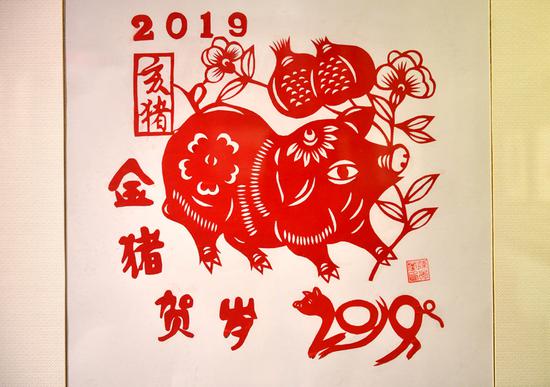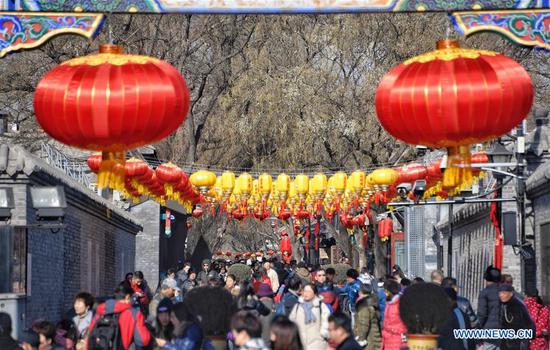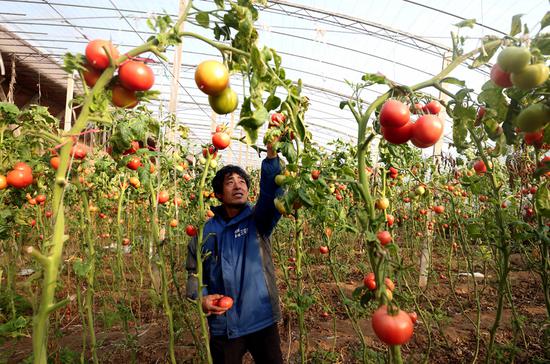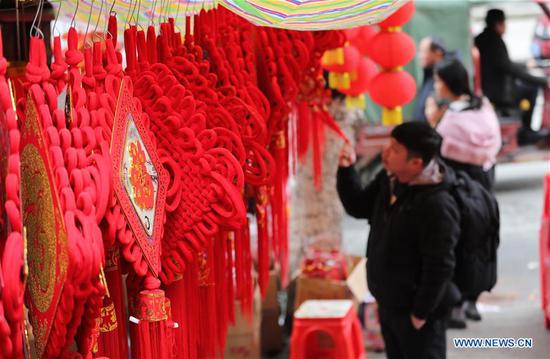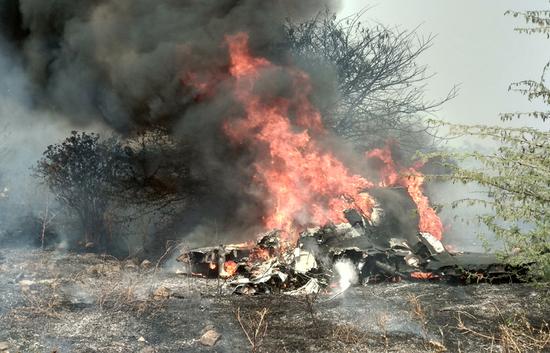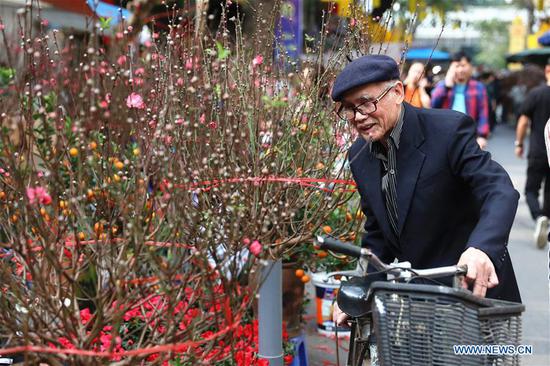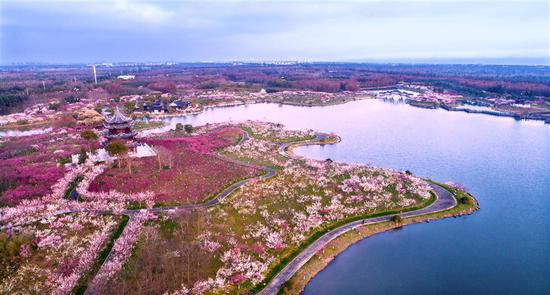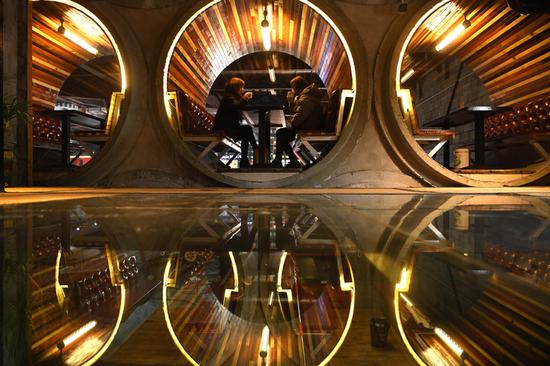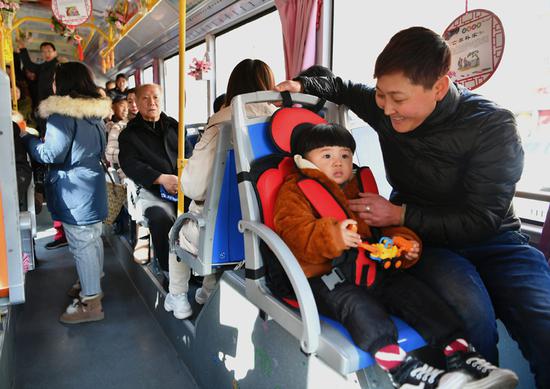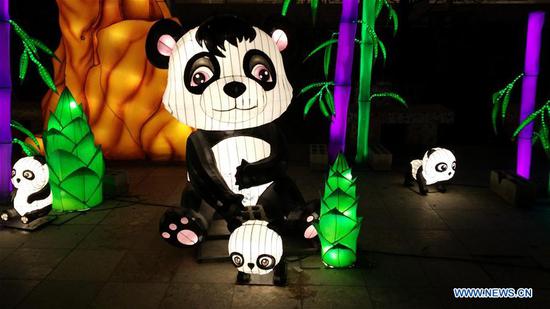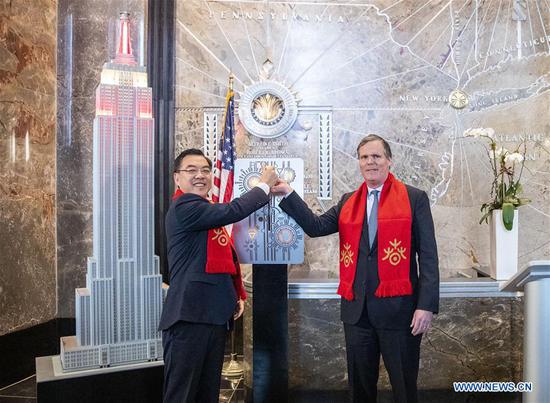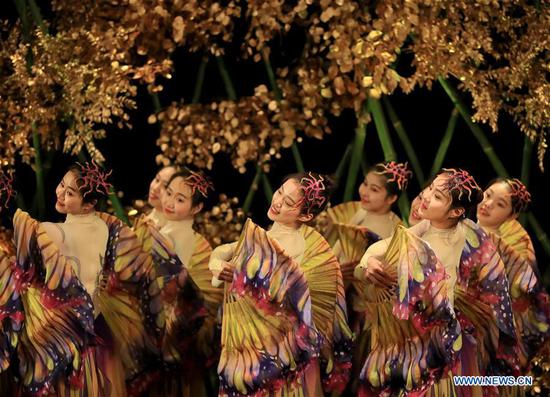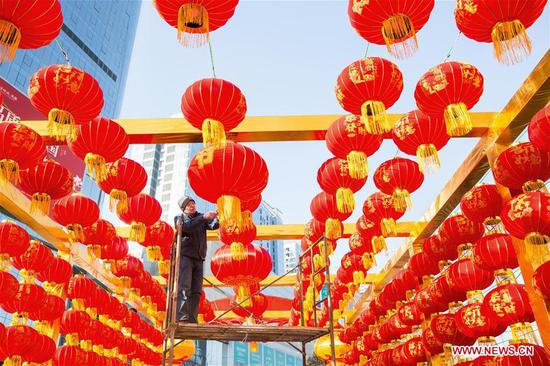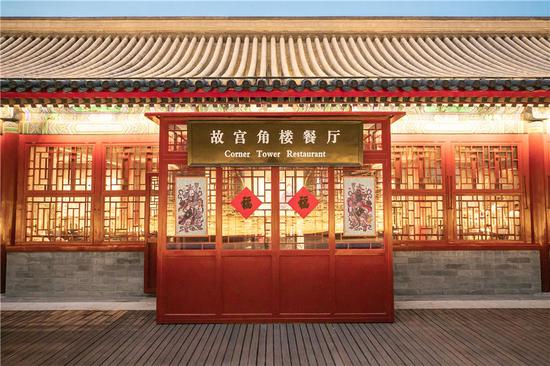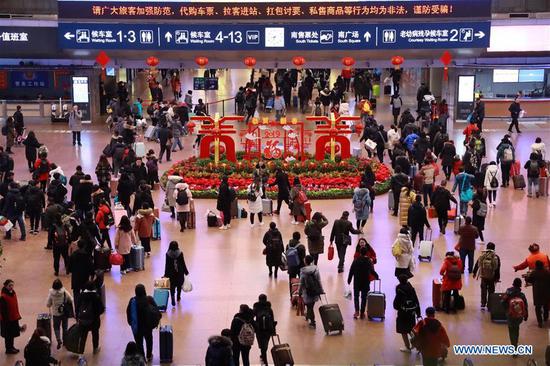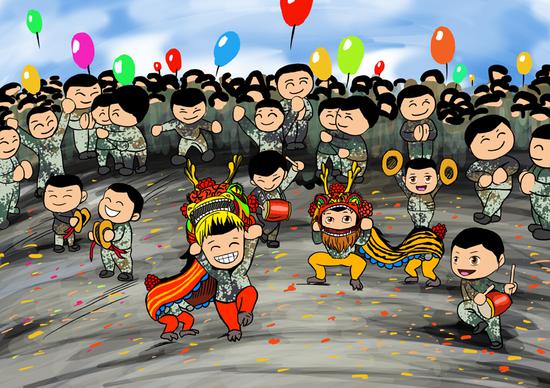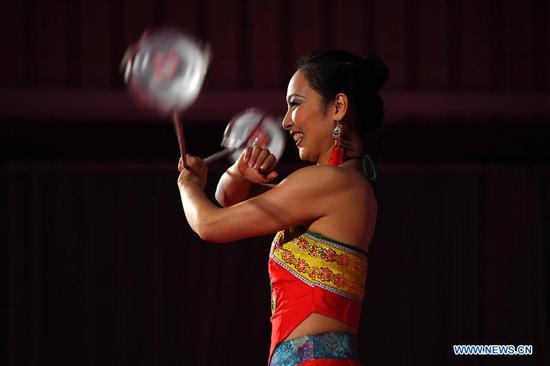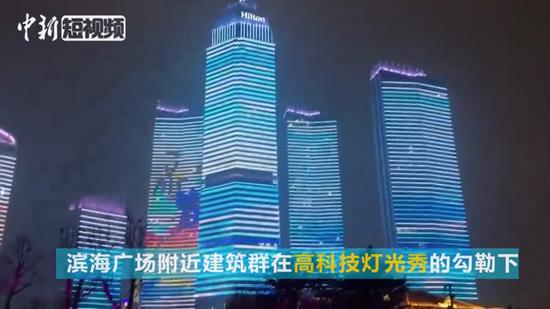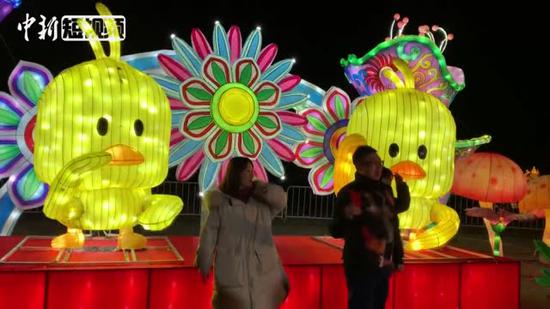The government of the Republic of Korea (ROK) said on Thursday that it will spend 13.2 trillion won (around $12 billion) in border areas with the Democratic People's Republic of Korea (DPRK) for the next decade.
The money, including 5.4 trillion won from the central government, 2.2 trillion won from local governments and 5.6 trillion won from the private sector each, will be spent on 225 projects in inter-Korean border areas by 2030.
The projects were aimed to establish foundation for inter-Korean exchange and cooperation, lay groundwork for a balanced regional development, stimulate ecological peace tourism in border areas and expand social infrastructure, according to the Ministry of the Interior and Safety.
The development of the border areas had been limited for military security reasons. For the past eight years through 2018, a total of 2.8 trillion won were spent on developing tourism projects, building industrial complexes and expanding transportation infrastructure.
The expanded investment for the next decade reflected changed situations at home and abroad, including improved inter-Korean relations and the need for balanced regional development, the ministry said.
About 5.1 trillion won was allocated to 21 projects to establish foundation for inter-Korean exchange and cooperation, including the construction of a two-lane road between Yeongjong Island and Shin Island along the country's western coast.
The ROK and the DPRK agreed to modernize and eventually connect railways and roads along the eastern and western Korean Peninsula. The two sides held a groundbreaking ceremony in December, but the construction had yet to be launched because of international sanctions on Pyongyang.
Top DPRK leader Kim Jong-un and US President Donald Trump agreed to hold their second summit in late February in Vietnam. The first Kim-Trump summit was held in Singapore in June last year.
Regarding the restoration of the ROK's section of the Gyeongwon Line, a train route between Seoul and the DPRK's eastern coastal city of Wonsan, an inter-Korean cultural exchange center will be built in Cheorwon, a border town of the ROK through which the Gyeongwon Line passes.
To develop the border areas in a balanced way, 3.4 trillion won will be spent on 54 projects, including the creation of industrial parks and the improved conditions for business start-ups.
Some 3 trillion won was earmarked to stimulate ecological peace tourism in border regions, including the creation of a walking tour route near the Demilitarized Zone (DMZ) that has left the Korean Peninsula divided since the 1950-53 Korean War ended with armistice.
The remaining 1.7 trillion won was allotted to 42 projects to improve domiciliation conditions, such as the expansion of cultural, sports and welfare centers, and the construction of liquified petroleum gas supply networks.









